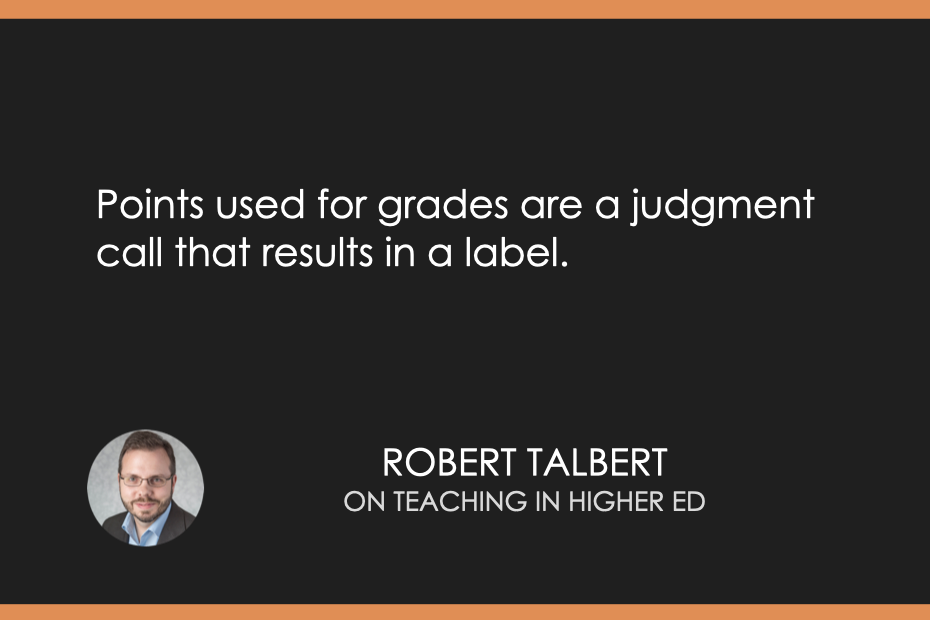
 Teaching in Higher Ed
Teaching in Higher Ed The Principles of Grading for Growth
Mar 21, 2024
Robert Talbert discusses the flaws of traditional grading, emphasizing the importance of feedback and growth over labels. He advocates for reattempts without penalty and maintaining dignity in feedback. The podcast explores alternative grading practices to promote authentic learning and student engagement.
Chapters
Transcript
Episode notes
1 2 3 4 5
Introduction
00:00 • 2min
Rethinking Grading: A Reflection on Feedback and Self-Worth
01:37 • 25min
Productivity Tips and Academic Integrity Discussion
26:43 • 2min
Exploring Grading, Growth Resources, and Combinatorial Creativity
29:00 • 5min
Heartfelt Appreciation and Future Excitement
34:06 • 2min

